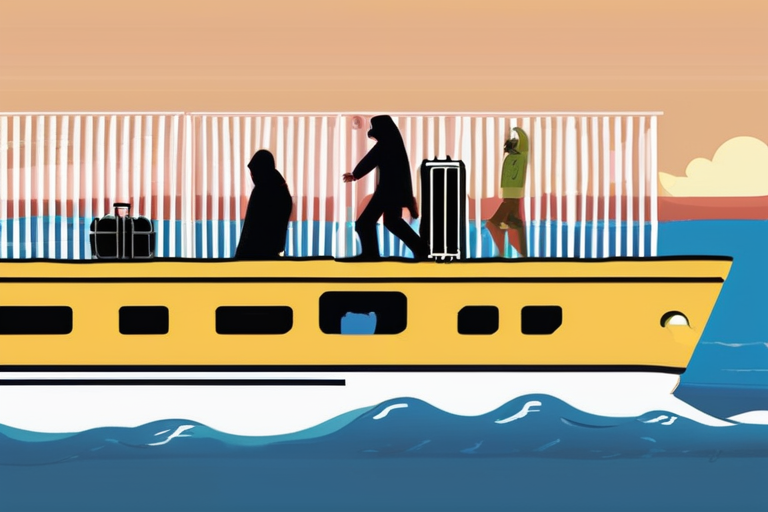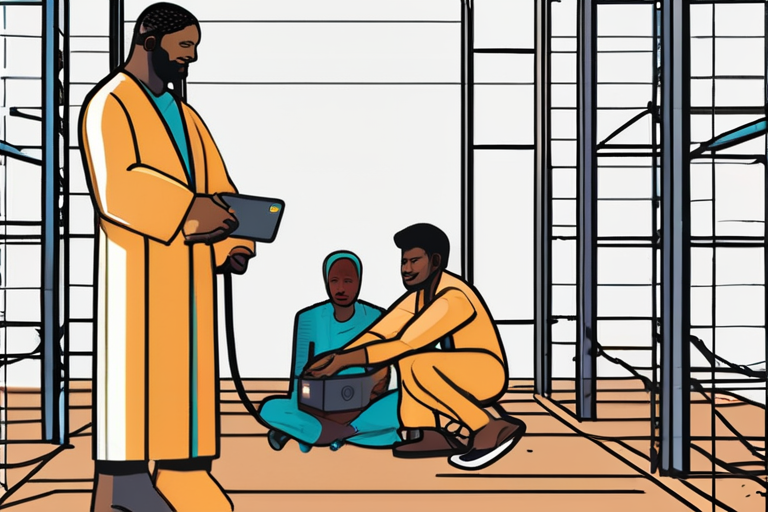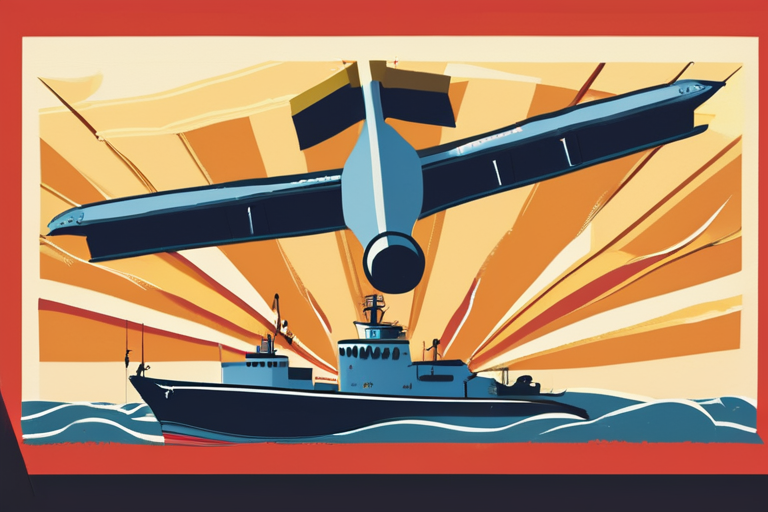Migrants Stranded on Canary Islands Face Uncertain Future
In a desperate bid for a better life, thousands of migrants have risked everything to reach the Canary Islands off the northwest coast of Africa. But getting there is only half the battle; many are now facing months of uncertainty and hardship as they wait to be transferred to mainland Spain.
For those who make it to the islands, the initial relief quickly gives way to frustration and despair. Without access to work permits or social services, migrants are forced to live in limbo, unable to contribute to the local economy or plan for their future.
"I've been here for six months now," said Maria Rodriguez, a 25-year-old migrant from Guinea-Bissau. "I'm running out of money and I don't know what will happen next. It's like we're invisible."
The Canary Islands have become a major entry point for migrants seeking to reach Europe, with over 20,000 arrivals in the past year alone. While some are eventually transferred to mainland Spain, others remain stranded on the islands, waiting for their fate to be decided.
According to officials, the backlog is due in part to a lack of resources and infrastructure to handle the influx of migrants. "We're doing our best with what we have," said Ana Gomez, a spokesperson for the Canary Islands' regional government. "But it's clear that we need more support from the central government to address this crisis."
The situation on the islands is further complicated by cultural and linguistic barriers. Many migrants speak little or no Spanish, making it difficult for them to access basic services or communicate with local authorities.
Despite these challenges, community groups and NGOs are working tirelessly to provide support and assistance to stranded migrants. "We're doing everything we can to help," said Sofia Sanchez, a volunteer with the migrant aid organization, Ayuda en Acción. "But we need more resources and funding to make a real difference."
As the situation on the Canary Islands continues to unfold, it remains to be seen what the future holds for these migrants. Will they eventually find their way to mainland Spain, or will they remain stranded on the islands? One thing is certain: their journey has only just begun.
Background:
The Canary Islands have been a major entry point for migrants seeking to reach Europe due to their strategic location off the northwest coast of Africa. The islands' warm climate and economic stability make them an attractive destination for those fleeing conflict, poverty, or persecution in their home countries.
However, the influx of migrants has put a strain on local resources and infrastructure, leading to tensions between locals and newcomers. Community groups and NGOs are working to address these issues through cultural exchange programs, language classes, and job training initiatives.
Additional Perspectives:
"The situation on the Canary Islands is a humanitarian crisis waiting to happen," said Dr. Juan Carlos Rodriguez, a migration expert at the University of Las Palmas de Gran Canaria. "We need to provide more support and resources to these migrants, not just for their sake but also for the well-being of our communities."
"I understand that some people may be concerned about the impact of migrants on local jobs and services," said Maria Rodriguez, a 35-year-old Spanish resident who has been living on Gran Canaria for over a decade. "But I believe we have a responsibility to help those in need. We're all human beings, after all."
Current Status:
The backlog of migrants waiting to be transferred to mainland Spain continues to grow, with estimates suggesting that it may take several months or even years for some individuals to receive their papers.
In the meantime, community groups and NGOs are working to provide support and assistance to stranded migrants. Ayuda en Acción is one such organization, offering language classes, job training, and cultural exchange programs to help migrants integrate into local society.
As the situation on the Canary Islands continues to unfold, it remains to be seen what the future holds for these migrants. Will they eventually find their way to mainland Spain, or will they remain stranded on the islands? One thing is certain: their journey has only just begun.
*Reporting by Npr.*



 Hoppi
Hoppi

 Hoppi
Hoppi

 hoppi
hoppi

 Hoppi
Hoppi

 Hoppi
Hoppi

 Hoppi
Hoppi











